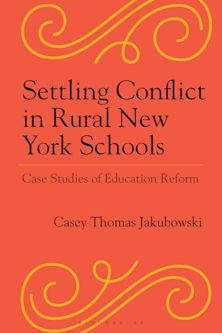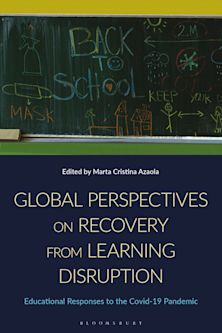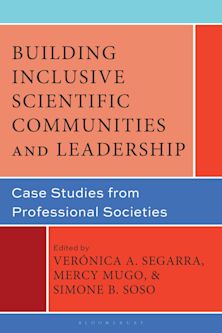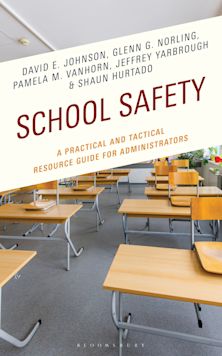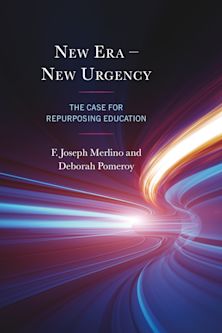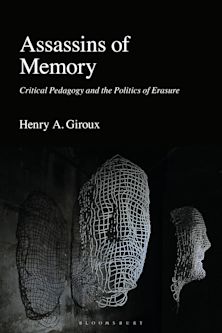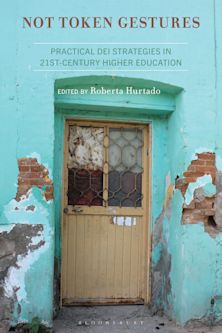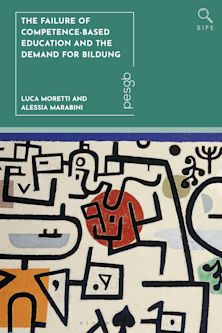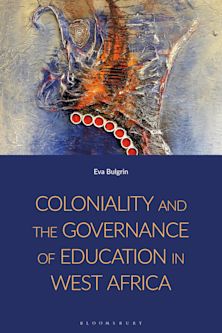Transformative Language Arts in Action
Transformative Language Arts in Action
Description
Transformative Language Arts, an emerging field and profession, calls on us to use writing, storytelling, theater, music, expressive and other arts for social change, personal growth, and culture shift. In this landmark anthology, Transformative Language Artists share their stories, scholarship and practices for a more just and peaceful world, from a Hmong storyteller and spoken word artist weaving traditions with contemporary immigrant challenges in Philadelphia, to a playwright raising awareness of AIDS/HIV prevention.
Read the stories, consider the questions raised, and find inspiration and tools in using words as a vehicle for transformation through essays on the challenge of dominant stories, public housing women writing for their lives, histories and communities at the margins, singing as political action, the convergence of theology and poetics, women's self-leadership, embodied writing, and healing the self, others, and nature through TLA.
The anthology also includes “snapshots,” short features on transformative language artists who make their livings and lives working with people of all ages and backgrounds to speak their truths, and change their communities.
Table of Contents
A Snake in the Grass: Challenges of Dominant Stories-James SparrellSnapshot: Sherry Reiter, Poetry Therapy Pioneer, Educator, Clinical Social Worker, Writer, Storyteller
Snapshot: Seema Reza, Recreational Arts Program Coordinator at Military Hospitals, Poet and Writer
“Everyone's Life is a Book”: Public Housing Women Write for Their Lives-Caryn Mirriam-GoldbergSnapshot: Vanita Leatherwood, Writer, Facilitator, and Director of Sexual Assault and Domestic Violence Center
Snapshot: Heather Severson, Writer, Workshop Model Developer, and Facilitator
Holding the Space: TLA Values in Education-Ruth FarmerSnapshot: Patricia Fontaine, Writer, and Facilitator of Workshops for People Living with Cancer
Snapshot: Nancy Morgan, Arts and Humanities Director at Georgetown Lombardi Comprehensive Cancer Center
Youth, Writing, and Identity: An Interview with Sarah W. BartlettRuth FarmerSnapshot: Suzanne Adams, Workshop Facilitator for Adolescent Girls, and Writer
Snapshot: Minna Dubin, Workshop Facilitator for Women and Youth, and Writer
Zamlers, Tricksters, and Queers: Re-Mixing Histories in Yiddishland and Faerieland-Ezra Nepon BerkleySnapshot: Miriam Gabriel, Blogger, and Spoken Word Artist
Snapshot: Ruth Gendler, Writer, Artist, and Facilitator of Workshops for Children and Adults
Performing for Social Change: Interviews with Kao Kue, Taina Asili, and Katt Lissard- Ruth FarmerSnapshot: Kelley Hunt, Singer-Songwriter, International Teaching and Touring Artist Snapshot: Deb Hensley, Singer-Songwriter, Writer, Consultant, Facilitator and TLA Network Coordinator
Theopoetics as a Spiritual Form of Transformative Language ArtsCallid Keefe-PerrySnapshot: Larry Greer, Interfaith Minister and Pastoral Coordinator
Snapshot: Joanna Tebbs Young, Writer, Columnist, Expressive Writing and Spirituality Workshop Facilitator, and Workshop Developer
Women’s Self-Leadership Through Transformative Narratives-Yvette Angelique Hyater-AdamsSnapshot: Lisa McIvor, Home Health Nurse, Workshop Facilitator for People With Disabilities, Poet and Writer
Snapshot: Jen Cross, Writer and Erotic Writer, Facilitator of Workshops for Survivors of Sexual Violence and for Erotic Writing
Snapshot: Angie River, Spoken Word and Burlesque Artist
Autobiography of a Social Body-Juliana BorreroSnapshot: Richard Hodgson, writer, storyteller, and workshop facilitator for elders
Snapshot: Scott Youmans, Seminarian, Web Consultant, Writer and Facilitator
Deep Connection: Healing Self, Others, and Nature through Transformative Language Arts-Brian W. SunsetResources
Contributors & Editors
Product details
| Published | 26 Nov 2014 |
|---|---|
| Format | Ebook (PDF) |
| Edition | 1st |
| Extent | 1 |
| ISBN | 9798216217190 |
| Imprint | Rowman & Littlefield |
| Series | It's Easy to W.R.I.T.E. Expressive Writing |
| Publisher | Bloomsbury Publishing |












